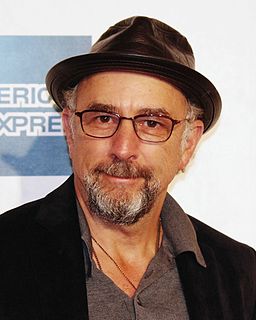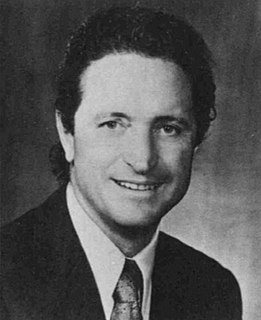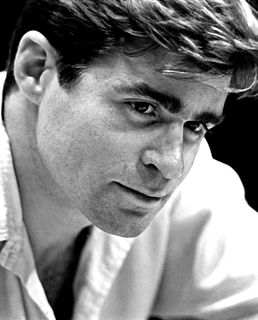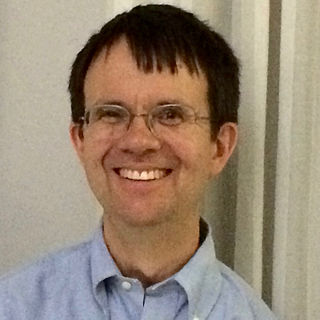A Quote by Richard Schiff
I would love to be in the position where the role is challenging enough that I need three months to prepare for it and then six months to live the life of character.
Related Quotes
I was once being interviewed by Barbara Walters. In between two of the segments she asked me: "But what would you do if the doctor gave you only six months to live?" I said, "Type faster." This was widely quoted, but the "six months" was changed to "six minutes," which bothered me. It's "six months."
There are times as an actor when you don't work for two months, sometimes three or sometimes six, and the only thing that's going to keep you sane is if you give back and live your life. I've definitely gone through that. It's like, 'Okay, I'm out of work for two months.' That's two months I can paint.
Playing a TV character for seven years is almost like when you do a play. You live, breathe, and everything else with that character 24-7 for six months or four months or whatever, and that gets very deep in your blood. When you do a TV character for seven years, that's a long time. It becomes a seminal era in your life.
I had a stormy graduate career, where every week we would have a shouting match. I kept doing deals where I would say, 'Okay, let me do neural nets for another six months, and I will prove to you they work.' At the end of the six months, I would say, 'Yeah, but I am almost there. Give me another six months.'


































